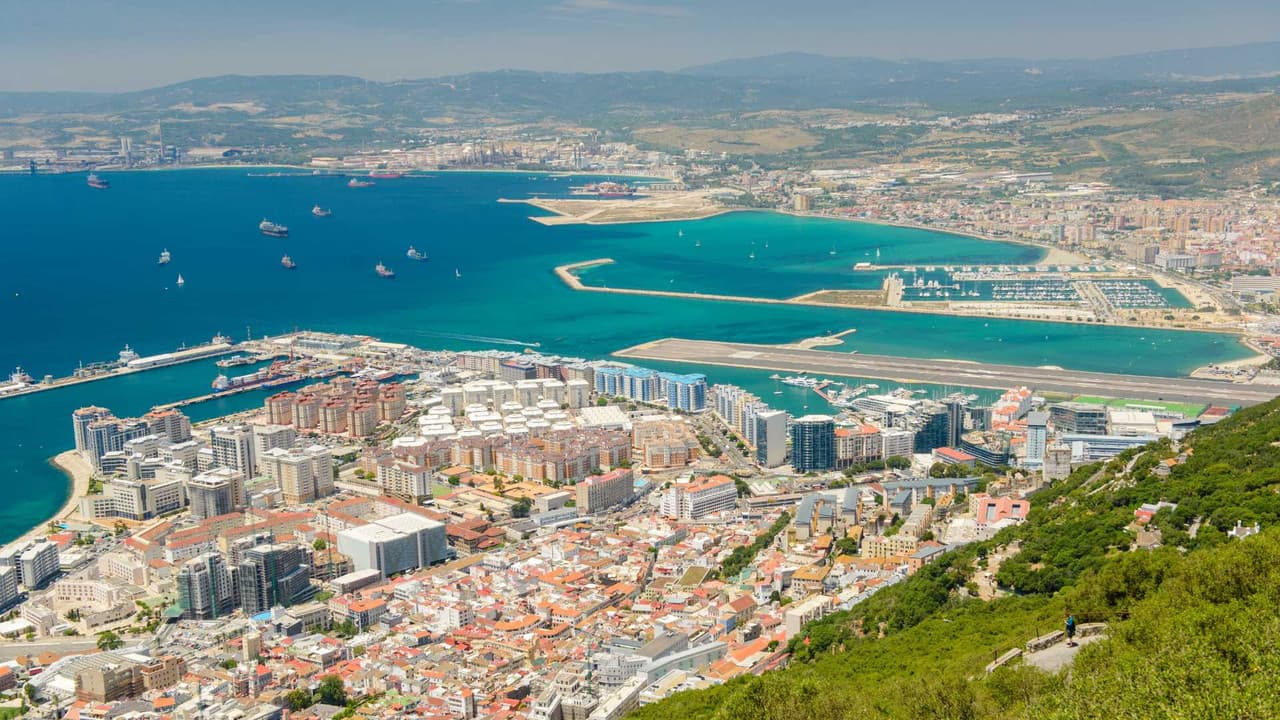Gibraltar's business environment is a unique blend, reflecting its status as a British Overseas Territory with close ties to Spain and the Mediterranean. This dual influence shapes a culture that values both British efficiency and Mediterranean relationship-building. Understanding this dynamic is crucial for businesses looking to establish or expand operations here, particularly when managing a local workforce. Navigating the nuances of communication, negotiation, and workplace dynamics requires cultural sensitivity and an appreciation for the local context.
Successfully operating in Gibraltar involves more than just legal and administrative compliance; it requires an understanding of the cultural fabric that influences daily business interactions and employee relations. From formal meetings to casual conversations, the way people communicate and build relationships impacts productivity and team cohesion.
Communication Styles
Workplace communication in Gibraltar generally follows a direct yet polite approach, influenced by British norms. English is the official language of business and government, though Spanish is widely spoken and understood, particularly in informal settings or among colleagues.
- Directness: While directness is appreciated for clarity, it is usually tempered with politeness and respect. Bluntness is generally avoided.
- Formality: Initial interactions tend to be more formal, especially in emails and official correspondence. As relationships develop, communication can become more relaxed.
- Language: Business is conducted in English. However, being aware that some employees may be more comfortable conversing in Spanish informally can help build rapport.
- Preferred Methods: Email is standard for formal communication and record-keeping. Phone calls and face-to-face meetings are valuable for discussing complex issues, building trust, and resolving matters quickly.
| Aspect | Typical Approach in Gibraltar Business |
|---|---|
| Formality | Starts formal, can become informal as relationships build. |
| Directness | Direct but polite; avoids excessive bluntness. |
| Language | English is primary for business; Spanish common informally. |
| Meeting Style | Structured agendas common, but discussions can be flexible. |
| Written Comm. | Email is standard; clear and concise messaging is valued. |
Business Negotiation
Negotiations in Gibraltar tend to be relatively straightforward, often reflecting a pragmatic, results-oriented approach. However, building a degree of trust and rapport can still be beneficial, particularly for long-term partnerships.
- Pace: Negotiations are typically conducted at a steady pace. While efficiency is valued, rushing the process is generally not advisable.
- Decision-Making: Decision-making processes can vary depending on the company structure. In smaller, locally owned businesses, decisions may be made quickly by senior management. In larger or international firms, processes may be more layered.
- Relationship Building: While not as central as in some Mediterranean cultures, establishing a good working relationship based on trust and reliability is important.
- Expectations: Be prepared with clear proposals and be ready to discuss terms openly. Flexibility and a willingness to find mutually beneficial solutions are appreciated.
Hierarchical Structures
Workplaces in Gibraltar typically operate with clear hierarchical structures, similar to those found in the UK. Respect for seniority and established roles is important, and this influences communication flow and decision-making.
- Management Expectations: Managers are generally expected to provide clear direction and guidance. Employees typically respect the authority of their superiors.
- Workplace Dynamics: While hierarchy exists, many workplaces foster a collaborative environment. Open communication between different levels is often encouraged, though formal protocols may still be followed for official matters.
- Decision Flow: Decisions often originate from or require approval from higher management levels. However, input from employees may be sought on operational matters.
Holidays and Observances Affecting Business Operations
Public holidays in Gibraltar can impact business operations, leading to office closures and reduced availability. It is essential to be aware of these dates when planning meetings, deadlines, and business travel in 2025.
| Date | Holiday |
|---|---|
| January 1 | New Year's Day |
| March 17 | Commonwealth Day |
| April 18 | Good Friday |
| April 21 | Easter Monday |
| May 1 | May Day |
| June 16 | King's Birthday |
| August 25 | Late Summer Bank Holiday |
| September 10 | Gibraltar National Day |
| December 25 | Christmas Day |
| December 26 | Boxing Day |
Note: Dates for holidays like Good Friday and Easter Monday vary annually. This table lists the expected dates for 2025.
Cultural Norms Impacting Business Relationships
Building successful business relationships in Gibraltar involves understanding and respecting local cultural norms. While professionalism is key, personal interactions can also play a role.
- Punctuality: Punctuality is generally expected for business meetings and appointments. Being late without a valid reason can be perceived negatively.
- Meetings: Meetings are typically conducted efficiently, with a focus on achieving objectives. Agendas are common and helpful.
- Socializing: While not mandatory, accepting invitations for coffee or lunch can help build rapport and strengthen business relationships.
- Gift-Giving: Gift-giving is not a strong business tradition, but small tokens of appreciation might be exchanged in some contexts, particularly around holidays.
| Aspect | Cultural Norm / Etiquette Point |
|---|---|
| Punctuality | Be on time for meetings. |
| Introductions | Use formal titles (Mr., Ms., Dr.) until invited to use first names. |
| Meeting Conduct | Listen attentively, speak clearly, and stick to the agenda where possible. |
| Business Attire | Professional dress is standard for meetings and office environments. |
| Relationship | Building trust is valuable; personal rapport can complement professional interactions. |
Understanding these cultural considerations provides a solid foundation for effective communication, successful negotiations, and positive working relationships within the Gibraltarian business landscape.
Employ top talent in Gibraltar through our Employer of Record service
Book a call with our EOR experts to learn more about how we can help you in Gibraltar







Book a call with our EOR experts to learn more about how we can help you in Gibraltar.
Trusted by more than 1000 companies around the globe



